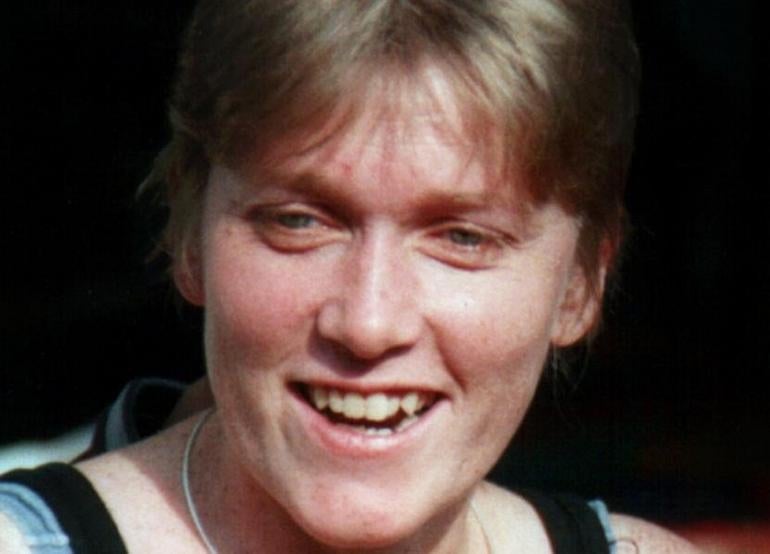
A coroner has recorded a verdict of unlawful killing in the inquest of BBC journalist Kate Peyton, who was shot dead in Somalia three years ago.
Peter Dean said the BBC and other broadcasters had lessons to learn from the death of Peyton, who was shot in the back in February 2005 on the streets of Mogadishu – one of the world’s most dangerous cities.
He found that Peyton took the assignment only because she was afraid of losing her job, and said managers had to recognise that staff had an overriding right to turn down dangerous jobs, regardless of any fears they might have for their future employment.
Dean recorded a verdict of unlawful killing following a three-day inquest in Ipswich, and said his observations did not imply that the BBC was liable.
He praised the BBC’s risk assessment procedures as “good” and “careful” but said he hoped that evidence aired at the inquest would help prevent future tragedies.
Dean said Peyton, who was based in Johannesburg, South Africa, did not want to go to Somalia but “felt her job would be on the line” if she refused.
“What is also abundantly clear is that she only took the assignment because she felt if she didn’t take the assignment, the chances of getting that contract renewed would be damaged and she needed that contract for personal reasons.
“She felt that her job would be on the line if she didn’t take it. That’s not necessarily what would have happened. We shall never know.”
He added: “She felt that she could not turn this job down. If that was not the case, she would not have been in this situation and she would not have died.”
Dean said he wanted a transcript of the inquest sent to the BBC and felt it would be “remiss” if he did not give the BBC and other organisations a chance to learn lessons from the inquest.
“This is not a criticism,” he added. “We all learn from mistakes.
“I find no fault in the risk assessment process. It was a caring and careful risk assessment.”
Anthony Hudson, barrister for the BBC, told the coroner that the corporation had “listened carefully” to observations he had made during the inquest.
After the hearing, the Peyton family said in a statement: “We are gratified that after nearly four years, the coroner has been able to offer some advice as to how the BBC might improve its treatment of journalists asked to undertake dangerous assignments.”
Peyton’s sister Rebecca added: “We have found it baffling, depressing and exhausting that the BBC has put so much energy and considerable financial resources on this.
“God knows how much taxpayers’ money it has cost. I think there certainly are lessons to be learned and we very much hope that the BBC will learn them.
“We’ve had such a battle with the BBC to get all this information into the open.”
The BBC paid tribute tonight to Peyton, saying she was an “experienced and courageous journalist”.
“The coroner was clear that Kate knew she had the right to turn down assignments,” said a spokesman. “The BBC will take into account what the coroner has said and safety policy is something which continually develops.”
He added: “The coroner has been clear that the risk assessment conducted by the BBC was done carefully and that the organisation has been exemplary in leading the field in safety policy.”
The National Union of Journalists has called for media companies to review all security procedures for staff following the coroner ruling over the death of Peyton.
The NUJ said that Peyton’s death highlighted the ‘massive pressures under which freelance and casual journalists have to work’and warned media companies that they must recognise the impact of poor job security on freelance workers and do what they can to ensure that a similar tragedy does not occur.
NUJ General Secretary Jeremy Dear said: “The coroner’s verdict highlights the unacceptable pressures placed on Kate Peyton – but it is symptomatic of the kind of pressures many freelances, casuals and those who lack proper job security face. They feel they have to go to any lengths to prove their worth.
“Some risks are unacceptable and managements need to review the security procedures in place for all staff and freelances in light of today’s decision.”
Email pged@pressgazette.co.uk to point out mistakes, provide story tips or send in a letter for publication on our "Letters Page" blog






